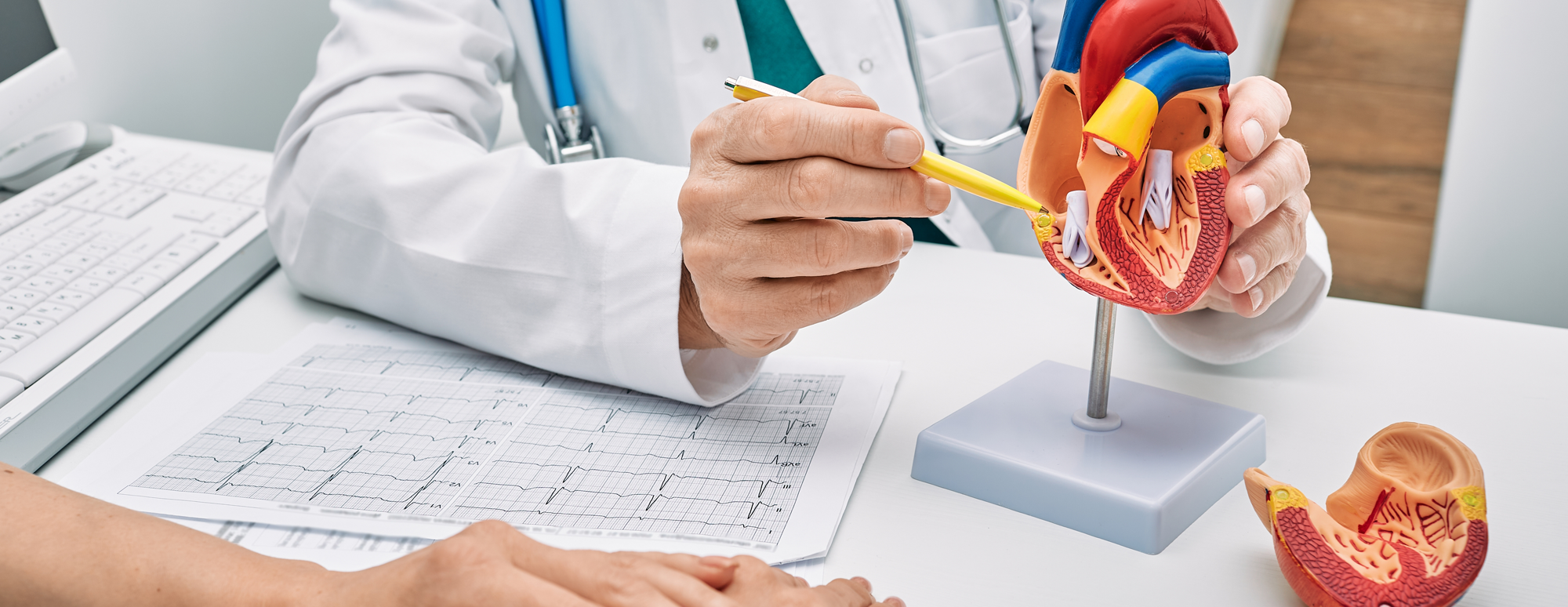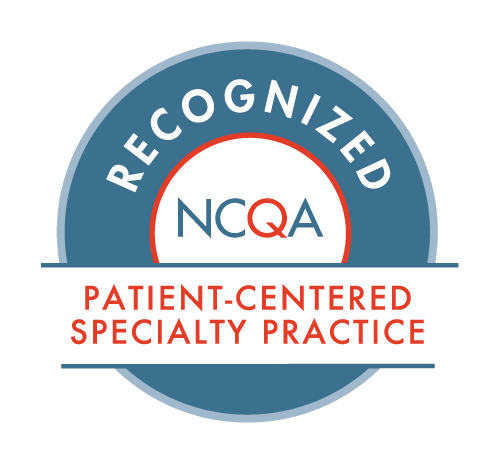Stress is a normal part of life that is guaranteed to happen from time to time. However, chronic stress—ongoing stress lasting for several weeks or months—can damage your heart and increase your risk for heart attack, arrhythmia, and stroke. Being aware of the effects of stress on your heart can guide you toward making healthy […]
Heart disease is the most common cause of death for both men and women. You may be wondering if it is genetic or if there are risk factors that you can modify in your lifestyle to help prevent heart disease. Some risks, such as increasing age, are unavoidable. However, others can be reduced by adopting […]
Every 34 seconds, someone in the United States dies from cardiovascular disease. This chronic condition is the leading cause of death in the country, but it can often be prevented even if you have multiple risk factors. Here are steps you can take to reduce your risk for heart disease and how to contact Hunterdon […]
When dealing with matters of the heart, you want to know that you are putting your health in the hands of experts. The heart specialists at Hunterdon Cardiovascular Associates (HCA) are devoted to helping you preserve the health of your heart and blood vessels over the long term and also helping you live well and […]
Cardiomyopathy is a common type of heart disease. It affects an estimated one in 500 U.S. adults, though its prevalence may be higher given how this condition often goes undiagnosed, says the CDC. Knowing the signs and symptoms can help you determine whether it’s time to see your doctor. Here’s more about different types of […]
Dyslipidemia can often be effectively managed with medications and a healthy lifestyle, but if left untreated can have negative effects on your heart health. Here’s more about the link between dyslipidemia and heart health, and how to contact Hunterdon Cardiovascular Associates (HCA) when you’re ready for an evaluation and treatment. What Is Dyslipidemia? Dyslipidemia refers […]
In our Hunterdon Electrophysiology Clinic, we’re all about keeping you in rhythm. Well, at least your heart. As for having those colloquial two left feet, that we cannot help. Instead we test for and treat atrial fibrillation. There are different types of atrial fibrillation, also known as AFib. These types may be valvular or non-valvular in […]
At Hunterdon Cardiovascular Associates, our board certified cardiologists specialize in the evaluation, diagnosis, and treatment of cardiac diseases. Here is a list, not all-inclusive, of some of these conditions we address with descriptions of each. Coronary artery disease— A disease caused by a buildup of plaque in the coronary arteries, which supply the heart muscle […]
The human heart is an amazing machine. If you live to be 80 years old, your heart will have beaten around 3,363,840,000 times. But like any machine, the human heart can break down. Usually these issues have more to do with user error than poor machinery, meaning things like eating too much and not exercising […]
Cardiac catheterization is a procedure where a catheter (a long hollow tube) is inserted through an artery and moved towards the heart. Dye is then injected to provide visualization of the arteries of the heart muscle. During catheterization, a stent or balloon may also be inserted if an artery is narrowed or clogged. Most cardiac […]









